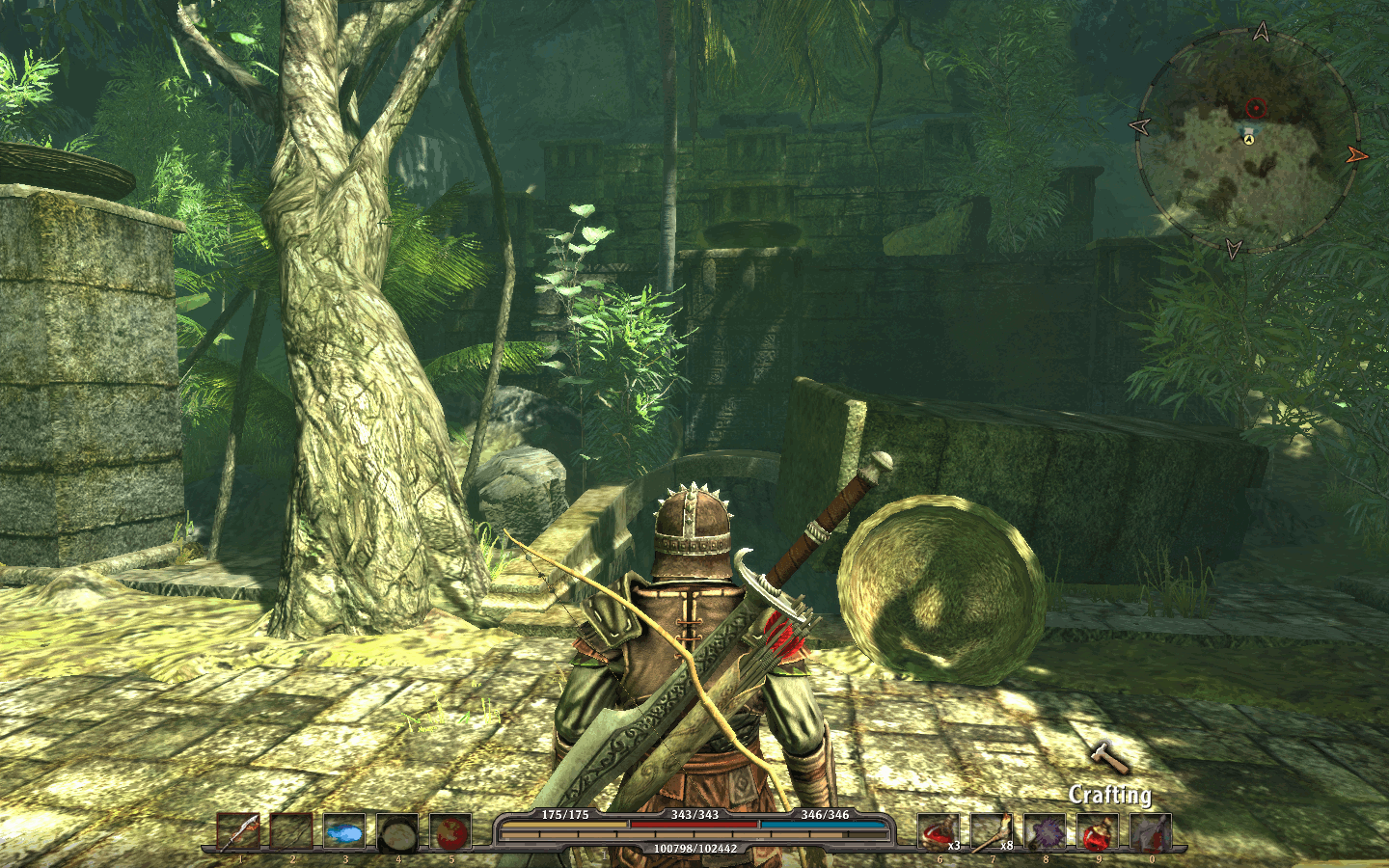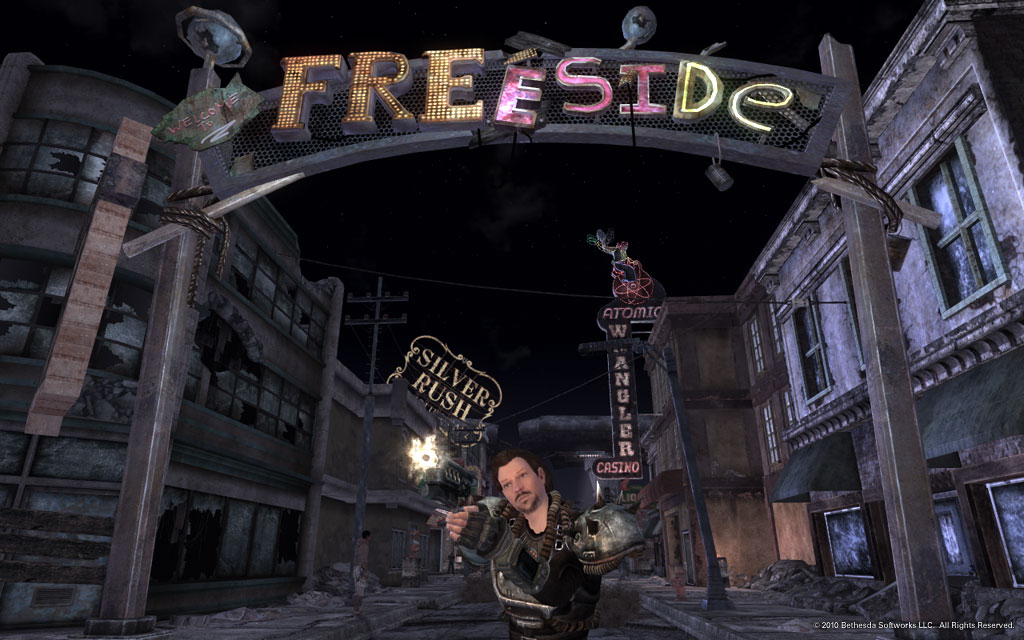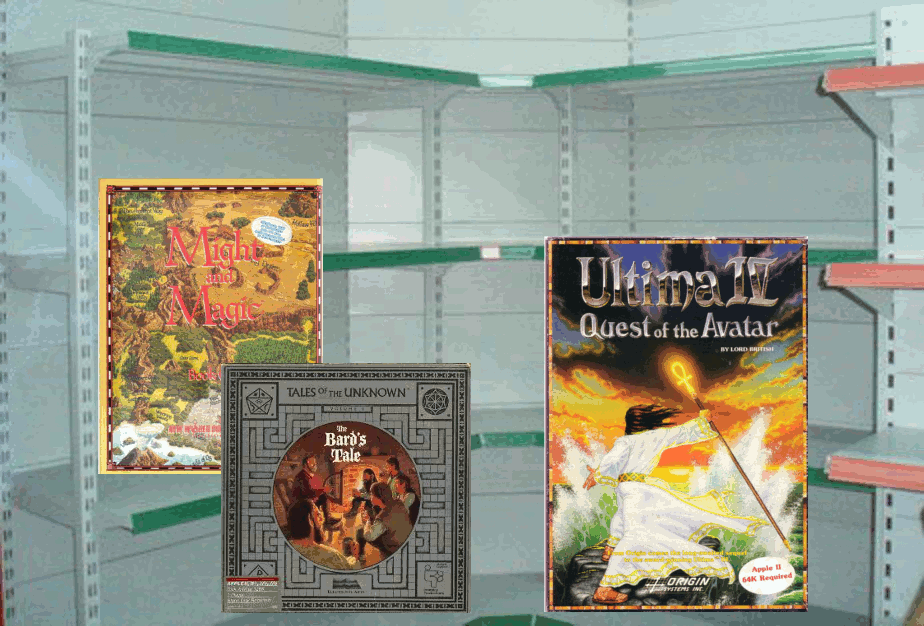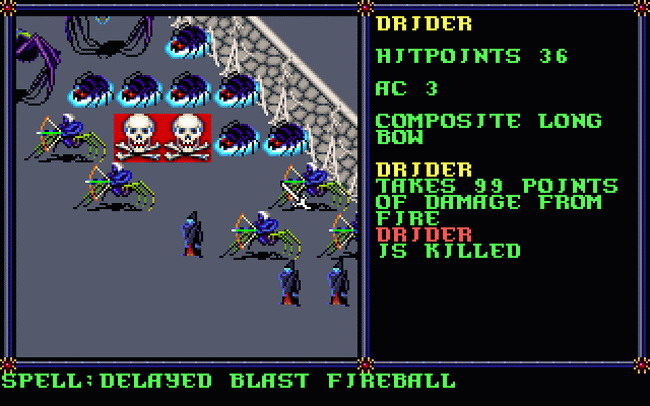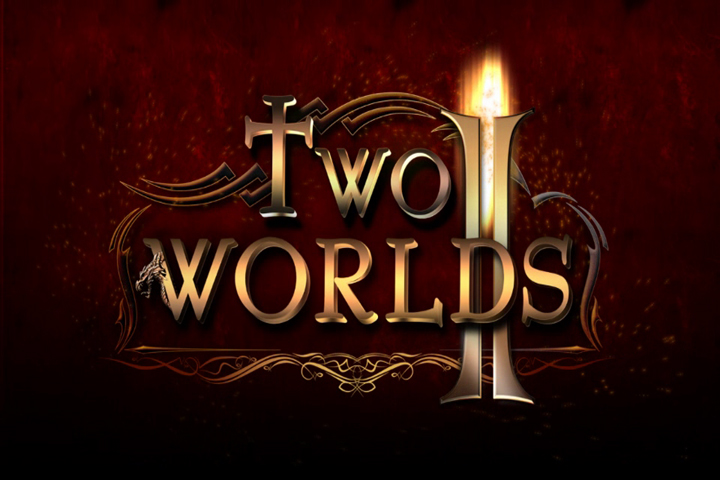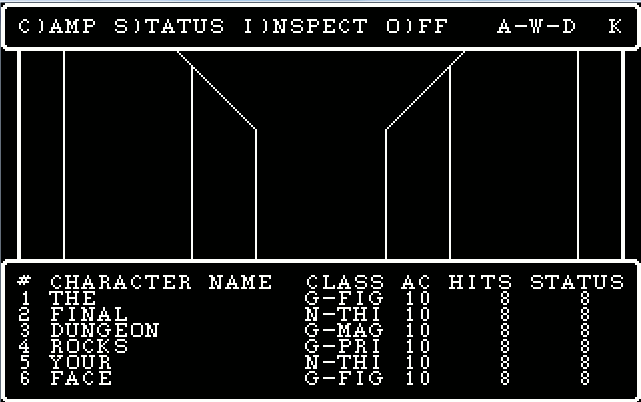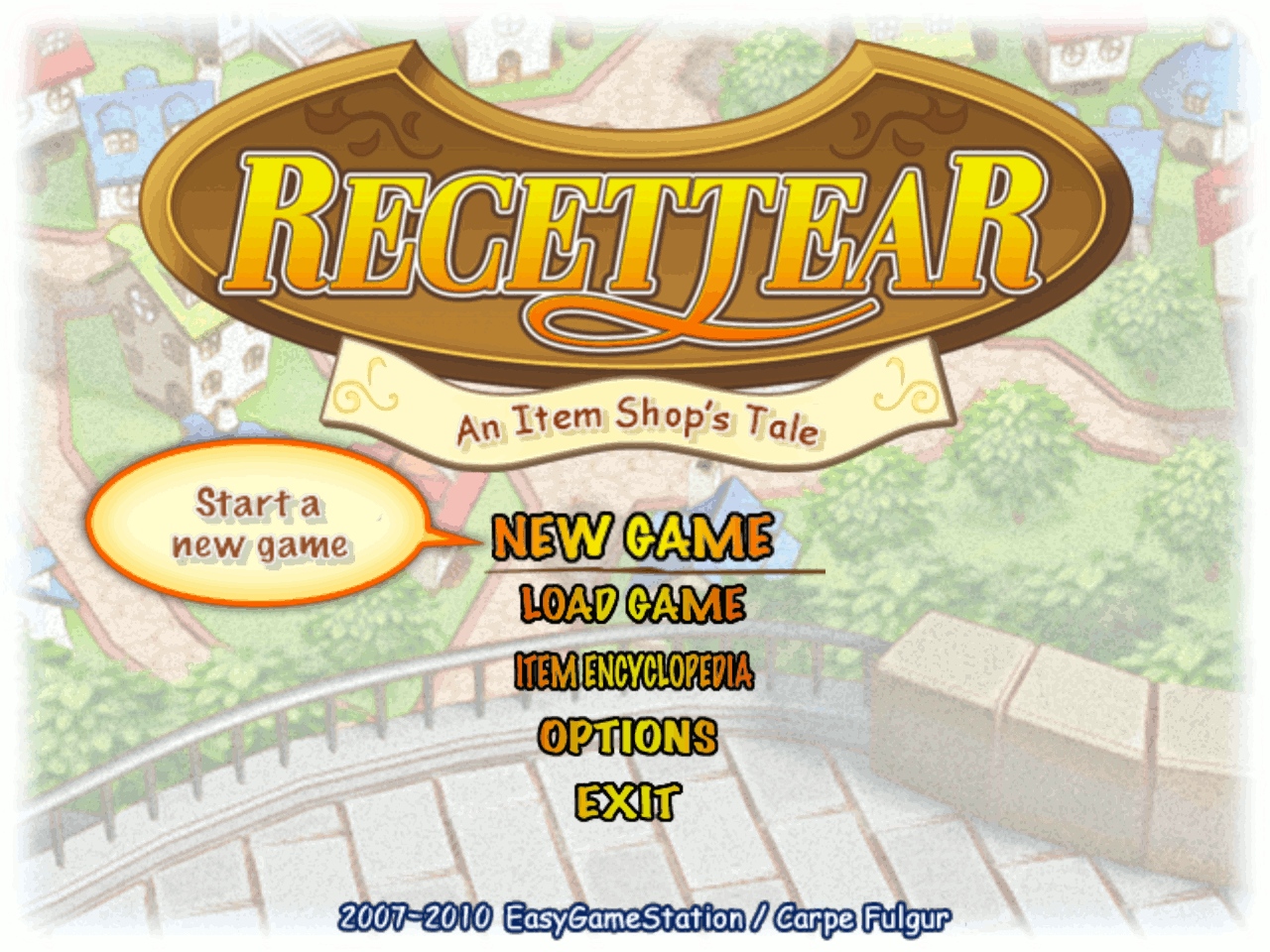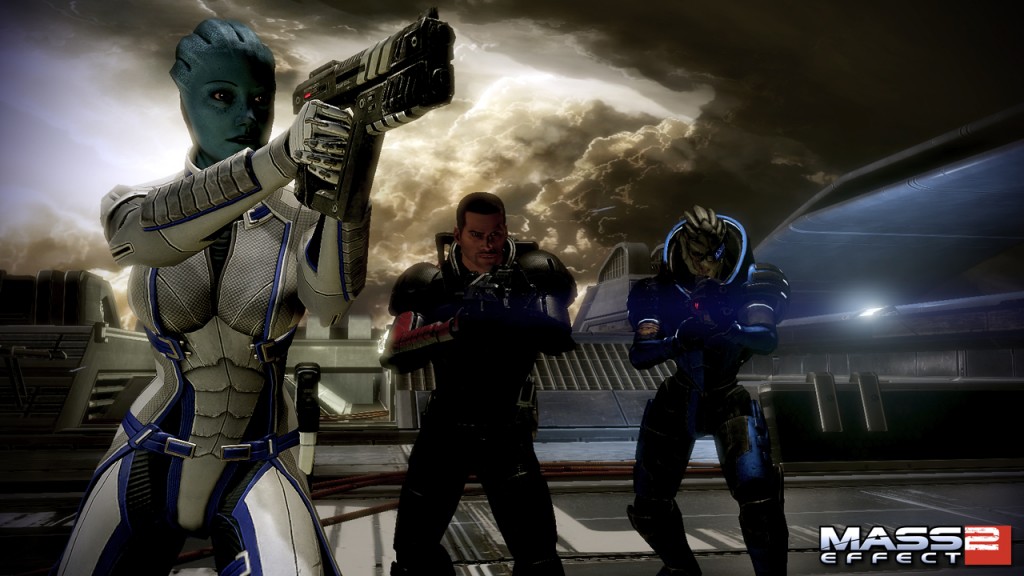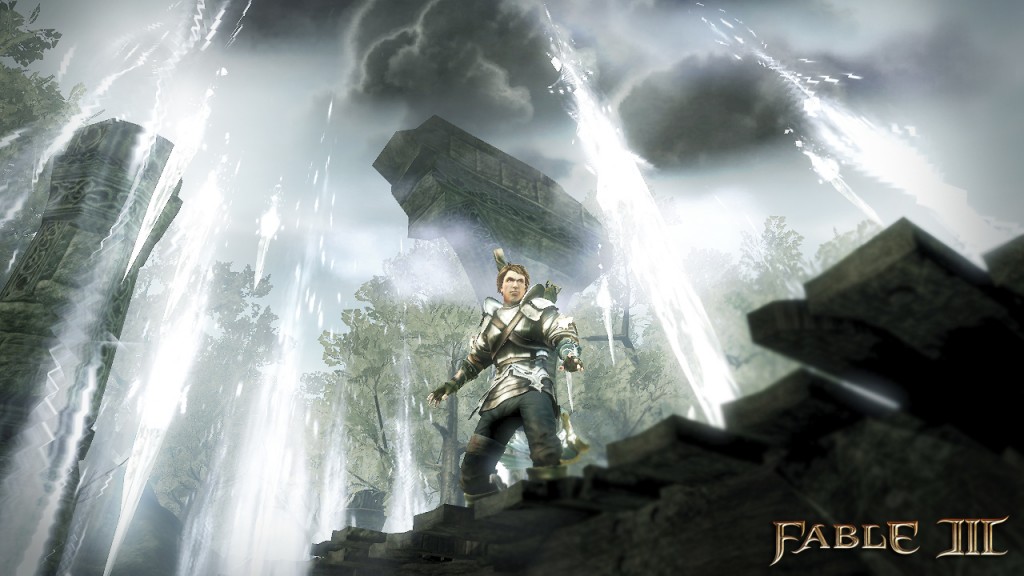ArcaniA? More like Obviouso.
The best thing that can be said of ArcaniA: Gothic 4, the new RPG from developer Spellbound and publisher JoWooD, is that it makes a good first impression. You are dropped into the prologue as an interesting character – a tortured king – in a unique setting – the cavernous tunnels of his own demon-infested mind. You spend the first twenty minutes of the game learning the combat system, which is pretty good for an action RPG. The blocking, rolling, and striking controls are responsive and permit for tactical and fun battles. The graphics are crisp and detailed. The monsters are frightening and move with lively and brutal grace. The sounds of the cavern are subtle and ominous, a nice change from the rousing music that greets you at the title screen and menus.
But as soon as the prologue ends, so does the fun.
Read the rest of this entry »
